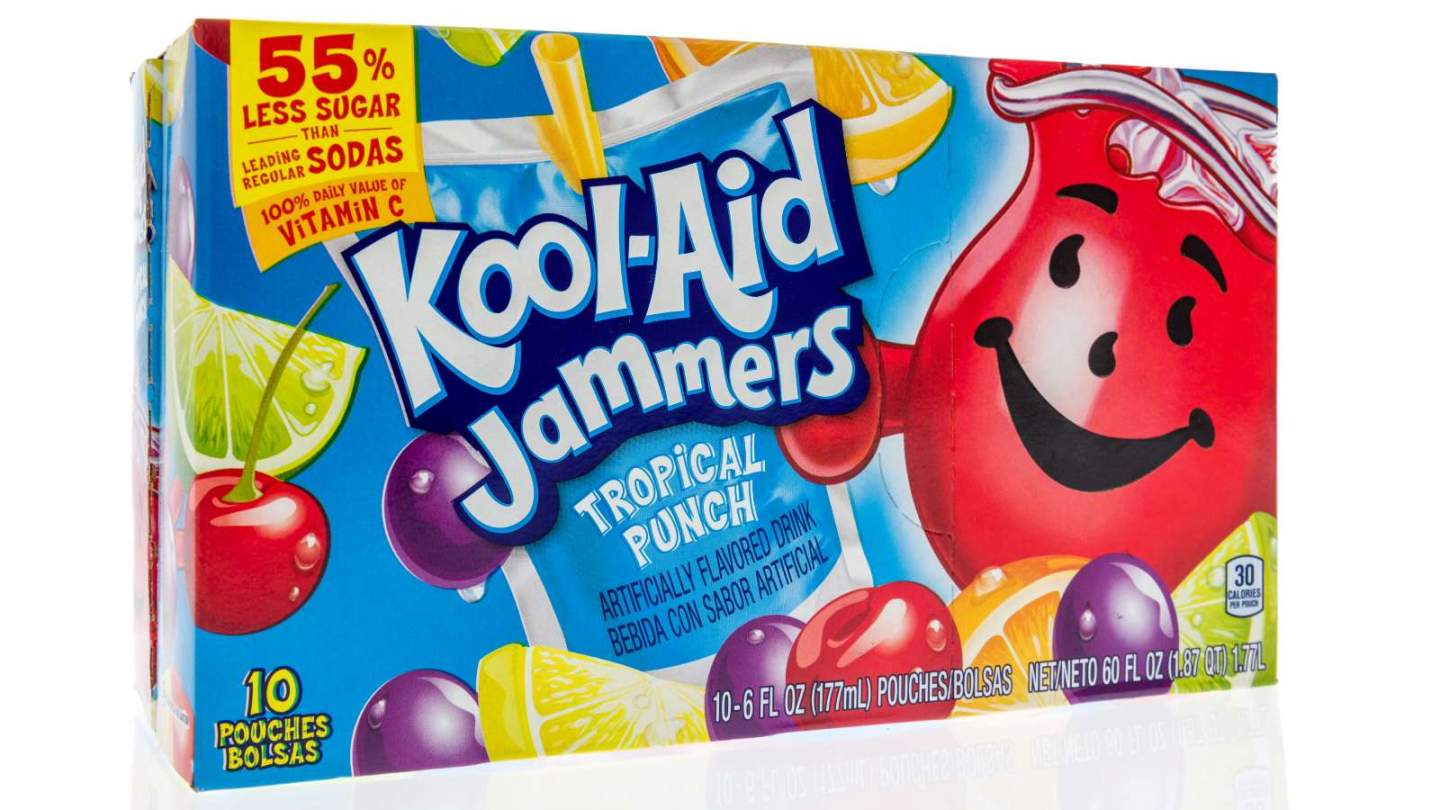
Arizona Tea, Kool-Aid, and other popular drinks recalled over glass risk
Some remember announced this week that included food and drinks that have the potential to be contaminated with small pieces of metal and glass. One of the withdrawals comes from Kraft Heinz; It includes many powdered drinks companies, including some kool-aid flavors, pliers, and time to the country. Another remember is from H-e-B, the shopping retailer in Texas which attracts certain soup products from shelves above the potential of glass contamination.
Two new withdrawals
Kraft Heinz Recall includes several Kool-Aid, Tang, time lemonade, and Arizona tea powder drinks sold throughout the United States. Consumers can identify products called using the FDA website to check the expiration date, UPC package, product name, and product size.
Products covered by withdrawals including lemonade time and pink lemonade, tropical punch kool-aid and other flavors, Tang Orange, and Arizona Arnold Palmer Tea. Kraft Heinz said he was working with retailers and distributors to remove products from the shelf. Consumers who have the items called again told to throw it away or return them to the store where they were purchased to get a refund.
Recall H-e-B, meanwhile, includes the Own brand tomato basil soup sold in a 31.4 ounce jar. Only one lot is discussed; Consumers can check the FDA website for notification of replay and related identity details, including UPC and the best based on date. Anyone who bought one of Jars remember this can return it to the H-E-B store, according to the retailer, to get a refund.
How Detected Glass
This is not the first withdrawal this year above the potential of glass and metal contamination. Back in September, for example, H-E-B is one of the brands affected by the trail mixture of Suntree Snack Foods, which reported the potential for glass presence in certain products. Recently, a number of Cupcakes were recalled in various countries for the risk of metal mesh wire fragments.
How does the company determine when products can be contaminated? More often than not, this withdrawal is the result of internal reviews that identify problems, notifications from suppliers who find their own manufacturing problems, or warnings from customers who find unexpected objects in the products they buy.
Recall Kraft Heinz has just begun after an internal review in manufacturing facilities where drink powder is made, in accordance with the company withdrawal notice. During production, Kraft Heinz said, “very small” glass and metal bits may have ended with drinks.
H-e-B, meanwhile, only found a problem after the supplier behind tomato soup products received reports of customer who claimed that a piece of glass was found in food. Fortunately, retailers said there were no reports of injury related to this memory.
Technology also plays an important role in finding foreign objects in packaging food products, which can include everything ranging from metal bits from machines to a pair of missing earplugs or safety glasses belonging to factory workers. One of the popular solutions used to detect contaminants in packaging food involves X-ray technology (via Loma)
The FDA explains that X-rays, as well as the irradiation process is commonly used, does not affect the appearance, taste, texture, or product nutrition, also does not make radioactive food. Agencies record various reasons for food irradiation occur, including more than just contaminant detection. Gamma rays and high-energy electrons are also used for purposes that include killing insects, expanding the shelf life, destroying organisms such as E. coli which can cause food default diseases, delay maturation, and sterilization.


